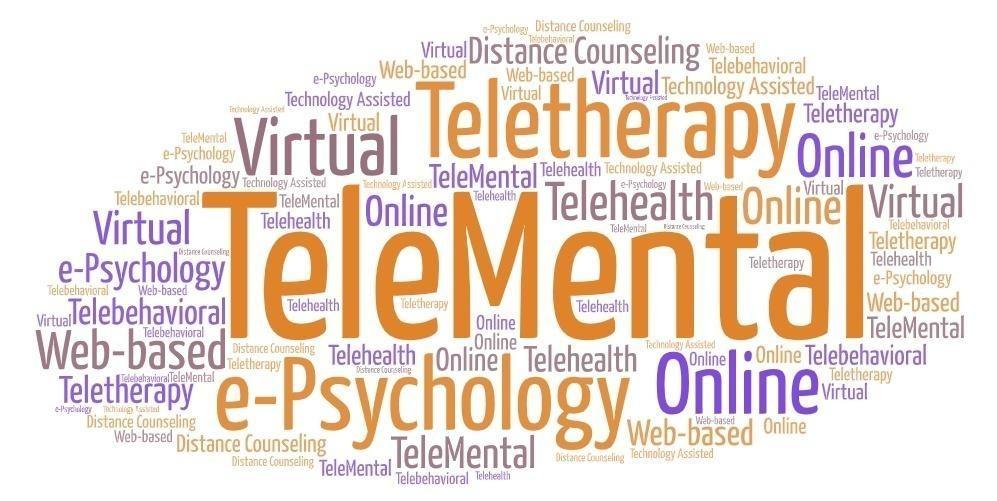What do we call behavioral health sessions where the client and clinician are not in the same location but rely on technology to communicate?
There are so many terms and definitions for this that it often causes confusion. Knowing which term or definition to use is often determined by context. Among other terms used, social workers have used the term technology-assisted social work, psychologists have used the term e-psychology, and counselors have used the term distance counseling. Clinicians who specialize in using texting for therapy have referred to it as text therapy, and providers marketing to tech-savvy clients have used the terms web-based or cyber-counseling.
State licensing boards will sometimes select a term and then define that term in a way that restricts the ways in which the clinician can communicate remotely with the client in the provision of psychotherapy. For example, a licensing board may define “teletherapy” as providing psychotherapy via audio-visual synchronous means in order to make it clear that they do not allow therapy to be provided via asynchronous means (i.e. store-and-forward).
Often terms for mental healthcare services provided from a distance are created by adding the prefix "tele-" (meaning “over a distance”) to the beginning of other words. Such as telemental health, telebehavioral health, teletherapy, and telepsychology. Other terms used for psychotherapy provided from a distance are telepractice, eMental health, mobile health, online therapy, internet therapy, video therapy, virtual therapy, and eTherapy.
In 2016 Jay Ostrowski and Traci P. Collins surveyed 151 mental health licensing boards in the United States and found that 42 different terms were used (You can view that and more in their work: Ostrowski, J., & Collins, T.P. (2016). A Comparison of Telemental Health Terminology Used across Mental Health State Licensure Boards).
Other words that may be helpful to know when referring to the delivery of telemental health:
- The location of the client has two categories:
- Supervised site - where there is support staff available (i.e. a hospital)
- Un-supervised site - where there is no support staff available (i.e. their home)
- Terms used for the clinician’s and client’s locations during the session:
- Clinician - distant site, Client - originating site
- Clinician - hub, Client - spoke
- Clinic-to-clinic (CTC) refers to when the client is at a supervised site.
- Direct-to-consumer (DTC) refers to when the client is at an unsupervised site.
- When communication occurs at the same time (i.e. phone, video) it is called synchronous; if communication is delayed (i.e. email), then it is called asynchronous.
- Terms used for telehealth roles:
- Telehealth coordinator - is the individual who co-creates, maintains, and manages a telehealth program. They are the main point person for a telehealth program.
- Telehealth facilitator - is a staff member on-site with the client during a session who ensures the functionality of the technology and assists the client throughout the session.
- Telehealth consultant - is the clinician providing the service to the client.
- Patient-support-person - is an individual available on site to assist the client in the event of an emergency.
As you can imagine, there are likely more terms than we just listed here for what we call Telemental Health, and more are being created all the time. It’s important to take the time to learn which terms are used by your state licensing board and payers and how they define those terms.




The course was so informative and I was glued to my screen for the entire duration. I received so much knowledge concerning ethics in telehealth and I am greatly encouraged to read about all the standards and policies that pertain to my practice. Thank you!.